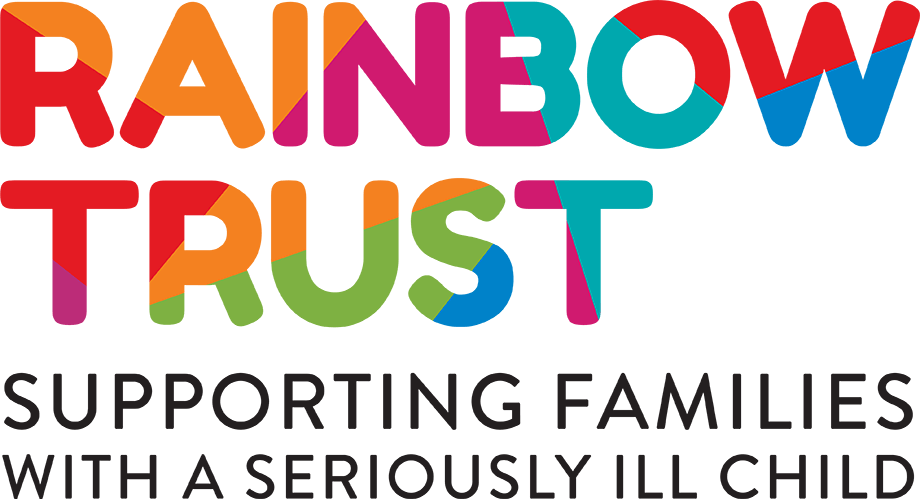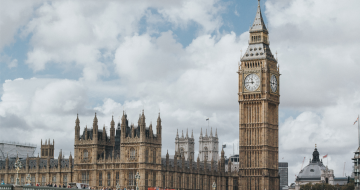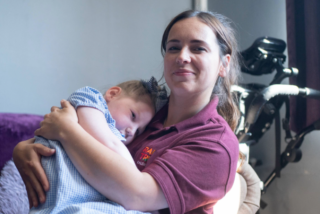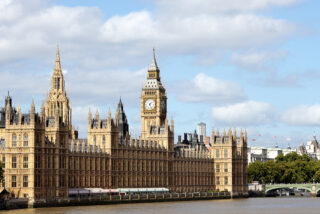Date published: 26 November 2025 by Sophie Wichman
Speaking today, Rainbow Trust’s Chief Executive, Zillah Bingley, said:
"Today’s Budget was an important opportunity to provide stability for families with a life-threatened or terminally ill child, but it does not directly address support for children’s social palliative care.
The issues raised in the budget statement will affect the families we support in the following ways:
- The £300million for NHS technology and the commitment to 250 new Neighbourhood Health Centres could help improve the experience of seriously ill children and their families. The Government must ensure, however, that this is delivered in partnership with the voluntary sector organisations like Rainbow Trust, in order for more families to access care, including palliative care, closer to home.
- Removing the two-child benefit cap in April 2026 will help bring some seriously ill children and their families out of poverty, which we know is a real pressure for many families, amid the ongoing cost of living crisis. Families will also benefit from the fuel tax freeze, which will prevent further immediate financial strain given the cost of frequent hospital travel. This freeze will also go some way in stabilising the cost of Family Support Workers driving families to vital appointments and supporting them at home and in the community.
- The reduction in energy bills will help some families who could be faced with the choice of putting food on the table or heating their homes or running specialist equipment, such as ventilators.
However, we are concerned that the three-year freeze on income tax brackets will drag families on a low income into higher taxation earlier.
Crucially, Government budgetary decisions have a long-term knock-on effect on terminally ill children and their families and the wider charity sector: as people are forced to re-prioritise their family finances they may not be able to sustain donations.
We rely almost entirely on donations to deliver our essential children’s social palliative care services. We are disappointed that there was no mention of increased financial support for charities providing this vital service."




